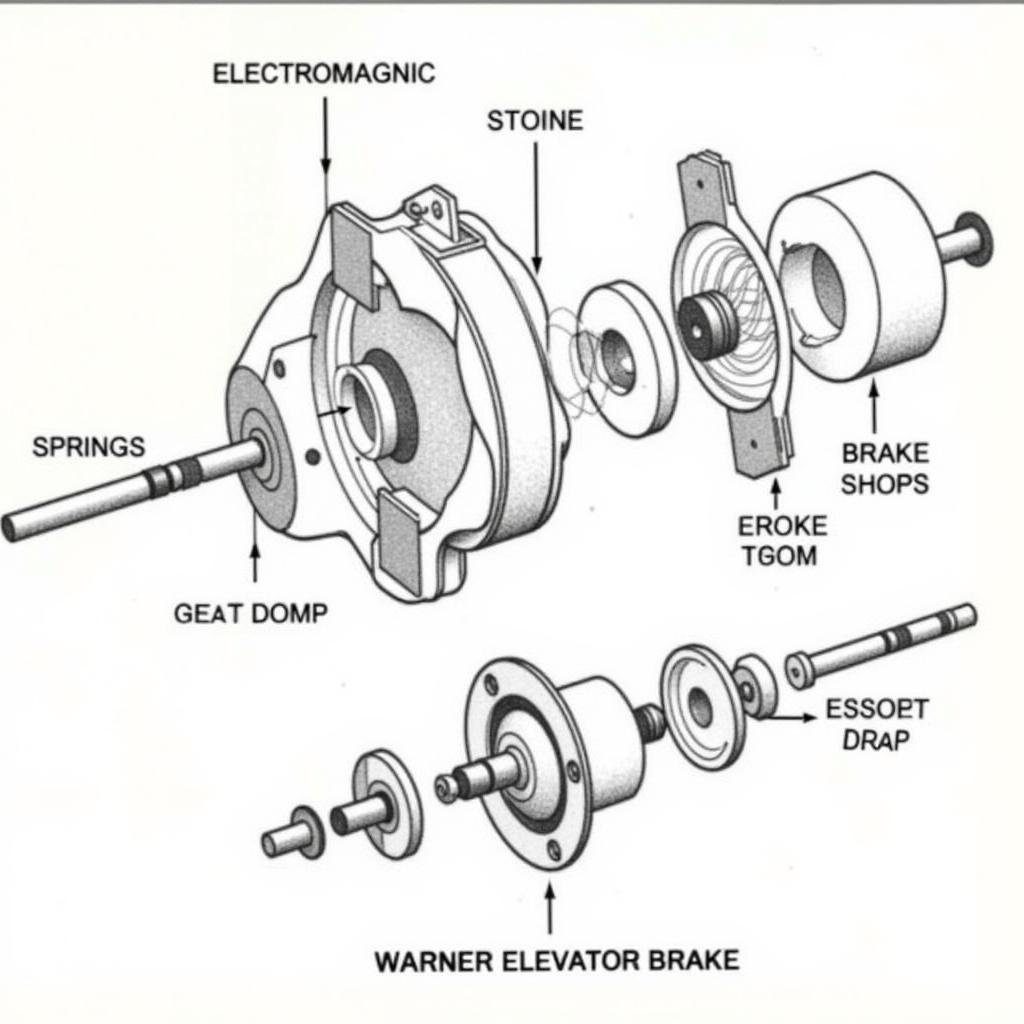Key fob cloning is the process of creating a duplicate of your existing key fob. This can be useful if you lose your original, want a spare, or need to grant access to someone else. But it’s important to understand the complexities, security implications, and legal aspects surrounding this technology.
Similar to how to program a key fob for a car, key fob cloning requires specific tools and knowledge. It’s not simply a matter of copying the physical key, but rather replicating the electronic signal it transmits. This requires specialized hardware and software, and understanding the specific make and model of the key fob you’re trying to clone.
How Does Key Fob Cloning Work?
Key fobs utilize Radio Frequency Identification (RFID) technology to communicate with your car or other access control systems. They emit a unique digital signal that is recognized by the receiver. Cloning a key fob involves capturing and replicating this unique signal, allowing the cloned fob to act as the original. There are several methods used for key fob cloning, each with varying degrees of sophistication and complexity.
Different Types of Key Fob Cloning Devices
Different tools and techniques are employed for key fob cloning. Some popular methods involve using specialized devices like RFID readers and writers. These devices can intercept and duplicate the RFID signal transmitted by your key fob. Some key fobs can also be cloned using software and a compatible device, like a flipper zero key fob.
John Smith, a Senior Automotive Security Specialist at SecureTech Solutions, emphasizes, “Understanding the technology used in your key fob is crucial for choosing the right cloning method. Older key fobs are often easier to clone than newer, more secure models.”
The Legality of Key Fob Cloning
Key fob cloning falls into a legal gray area. While creating a backup of your own key fob is generally permissible, cloning someone else’s key fob without their consent is illegal and can have serious consequences. It’s crucial to always operate within the bounds of the law and respect the property of others.
“Many people are unaware of the legal ramifications of unauthorized key fob cloning,” explains Jane Doe, a cybersecurity lawyer specializing in automotive technology. “It’s a serious offense that can lead to significant fines and even imprisonment.”
Is Key Fob Cloning Safe?
While key fob cloning can be convenient, it also raises security concerns. The potential for unauthorized duplication and misuse is a real threat. It’s essential to understand these risks before considering cloning your key fob. Newer key fobs with rolling codes and encryption offer better security against cloning.
What are the Alternatives to Key Fob Cloning?
If you’re concerned about the security risks of key fob cloning, there are alternatives. You can contact a locksmith or your car dealership to obtain a new key fob. While this might be more expensive, it provides greater security and peace of mind. You can also consider making a copy fob key through authorized channels. Also, learning how to make a key fob yourself can be an alternative but requires specialized skills.
How to Copy Apartment Key Fob
Copying an apartment key fob often involves contacting your building management or a locksmith authorized by the property. Unauthorized duplication of apartment key fobs can lead to legal issues. For more information about copying apartment key fobs, see our guide on how to copy apartment key fob.
Conclusion
Key fob cloning offers convenience but also presents security and legal challenges. Understanding the technology, legality, and alternatives allows you to make informed decisions regarding key fob cloning. Always prioritize security and operate within the boundaries of the law. Remember to always consult with your car dealer or a qualified locksmith if you need a new or spare key fob.


